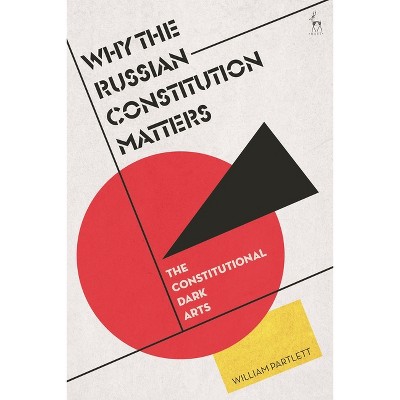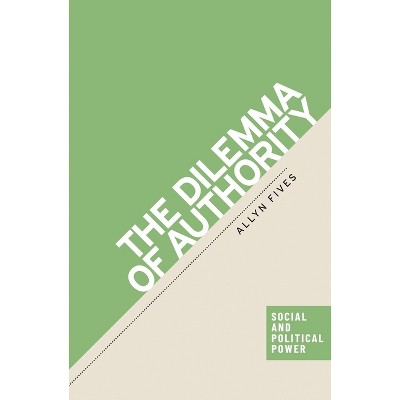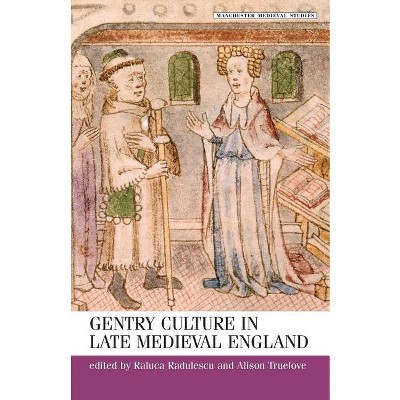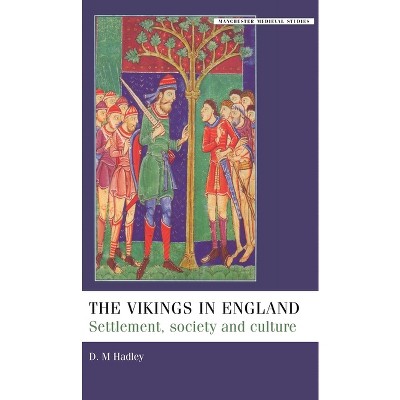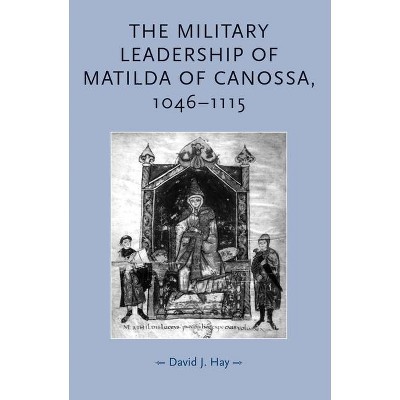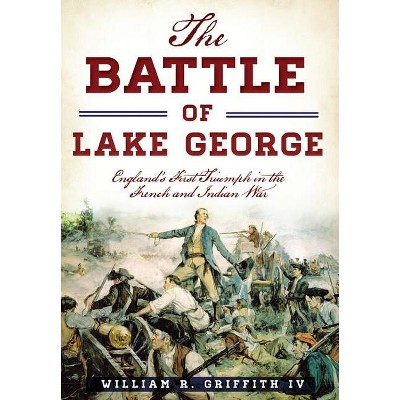Sponsored

England's Military Heartland - by Vron Ware & Antonia Lucia Dawes & Mitra Pariyar & Alice Cree (Paperback)
In Stock
Sponsored
About this item
Highlights
- What is it like to live next door to a British Army base?
- About the Author: Vron Ware is a writer and photographer and a visiting professor at LSE.
- 280 Pages
- Political Science, Public Policy
Description
About the Book
This is the first book to portray what it is like to live next to a British Army base. Investigating the sprawling military presence on Salisbury Plain, it draws on voices from both sides of the divide.Book Synopsis
What is it like to live next door to a British Army base? England's military heartland provides an eye-opening account of the sprawling military presence on Salisbury Plain, drawing on a wide range of voices from both sides of the divide.
Targeted for expansion under government plans to reorganise the UK's global defence estate, the Salisbury 'super garrison' offers a unique opportunity to explore the impact of the military footprint in a particular place. But this is no ordinary environment: as well as being the world-famous site of Stonehenge, the grasslands of Salisbury Plain are home to rare plants and wildlife. How does the army take responsibility for conserving this unique landscape as it trains young men and women to use lethal weapons? Are its claims that its presence is a positive for the environment anything more than propaganda? This book investigates these questions against the backdrop of a historic landscape inscribed with the legacy of perpetual war.From the Back Cover
'In this revealing, important and timely study, the authors open a window on to a neglected world.'
Richard Norton-Taylor, author of The State of Secrecy
Cynthia Enloe, author of Twelve Feminist Lessons of War 'Urgent, important and poignantly recounted.'
Laleh Khalili, author of Sinews of War and Trade This is the first book to portray what it's like to live next to a British Army base. England's military heartland investigates the sprawling military presence on Salisbury Plain, listening to voices from both sides of the divide. Targeted for expansion under government plans to reorganise the UK's global defence estate, this 'super garrison' offers unrivalled opportunities to explore the impact of the military footprint in a particular place. But this is no ordinary environment. As well as the world-famous Stonehenge, the grasslands of Salisbury Plain are also home to rare plants and wildlife. How does the army share responsibility for conserving this unique landscape as it trains young recruits in the use of lethal weapons? Meanwhile, the material traces of the colonial past inscribed on historic roads and buildings are a reminder of the legacy of perpetual war.
Review Quotes
'In this revealing, important and timely study, the authors open a window on to a neglected world, part of Britain dominated by the military at the expense of civil society. It is Army country, a "super garrison" on Salisbury Plain in Wiltshire, an area historically rich in rare habitats but where soldiers train for armed conflict. It is also where the families of those preparing to fight for their country are often deprived of basic facilities, living in homes that are in an appalling state. The authors provide a clear picture of life in the "khaki economy" and of a Ministry of Defence "dismissive of independent scrutiny". They leave the reader with extremely valuable insights and understanding of the Army's problems, including its recruitment crisis.'
Richard Norton-Taylor, author of The State of Secrecy
Cynthia Enloe, author of Twelve Feminist Lessons of War 'While the British military's activities overseas are reported in the media -- especially when things go awry-- we know much less about their presence among us in these British isles. This beautifully written and thoughtfully researched book tells us about the British military's 'super garrison' in the ecologically sensitive environs of Salisbury Plain. The stories here, about local residents wary of the secretive goings on amidst them, heated arguments over land rights, right of way and environmental damage, and contestations over memorials, heritage and the housing of asylum-seekers, are urgent, important, and poignantly recounted.'
Laleh Khalili, author of Sinews of War and Trade 'The world's military-industrial complexes are laws unto themselves, highly profitable endeavours rooted in a unique combination of patriotism and profitability. There is very little independent research on them, such work often being limited by a veil of secrecy, but the novel approach adopted by England's military heartland is a welcome exception. By taking one of the UK's four new "super-garrisons" and examining it in detail, the authors provide a thorough and convincing analysis of how a key component of one of the world's larger complexes works in practice. In doing so it throws much-needed light on the UK's complex as a whole just as it embarks on a controversial increase in spending. England's military heartland should be read by anyone concerned with the UK's military posture and will be an eye-opener to many.'
Paul Rogers, Professor Emeritus of Peace Studies at Bradford University and author of The Insecurity Trap: A Short Guide to Transformation 'A thoughtful and human account of the enmeshment of the military into the landscapes of everyday life - reminding us that this is how militarisation happens, almost indiscernibly occupying and reshaping institutional spaces and processes. As we enter a renewed phase of militarised geo-politics, this work becomes more urgent than ever.'
Gargi Bhattacharyya, Director of the UCL Sarah Parker Remond Centre for the Study of Racism and Racialisation 'England's Military Heartland is an essential text. It shows how the architecture of war preparation - garrisons, training zones, recovery centres - has reshaped a corner of Britain not only in bricks and mortar, but in ideology. It invites us to think about how the wars of Iraq and Afghanistan continue to reverberate - not only in Kabul or Mosul, but rebounding back to Wiltshire's villages, military housing estates, and the national political contracts that govern everyday life. It is, ultimately, a book about the invisible blast radius of modern war. And it needs to be read.'
Action on Armed Violence (AOAV)
About the Author
Vron Ware is a writer and photographer and a visiting professor at LSE. Her books include Return of a Native: Learning from the Land (Repeater 2022) and Military Migrants: Fighting for YOUR Country (2012).
Antonia Lucia Dawes is a lecturer at King's College London and author of Race Talk: Languages of Racism and Resistance in Neapolitan Street Markets (2020). Mitra Pariyar is a former academic researcher at Oxford and Kingston universities. He is currently a Dalit rights activist based in Kathmandu and a columnist for The Kathmandu Post. Alice Cree is an Academic Track Fellow (NUAcT) at Newcastle University. She is Associate Editor of Critical Military Studies and editor of Creative Methods in Military Studies (2023).Shipping details
Return details
Trending Non-Fiction





